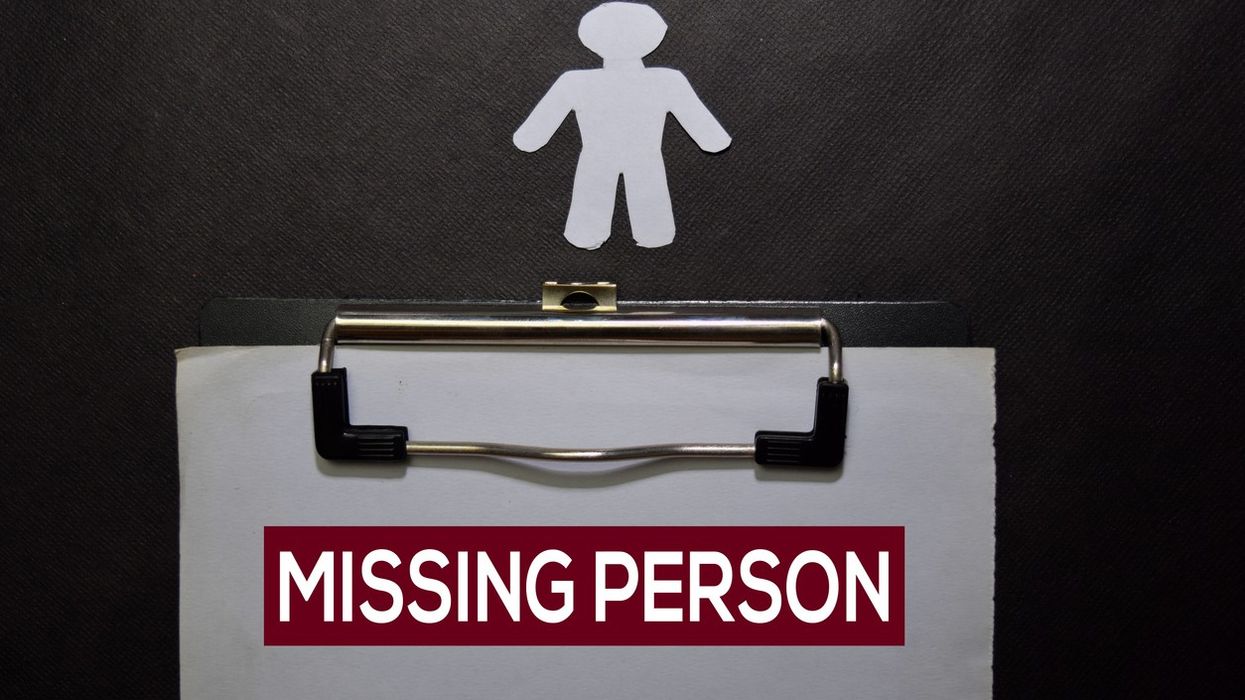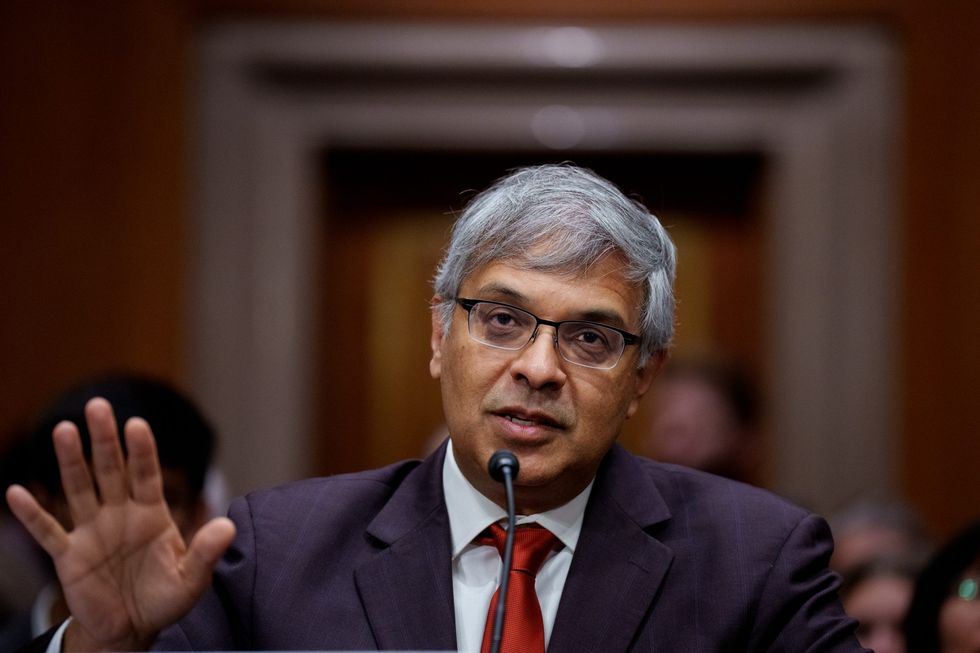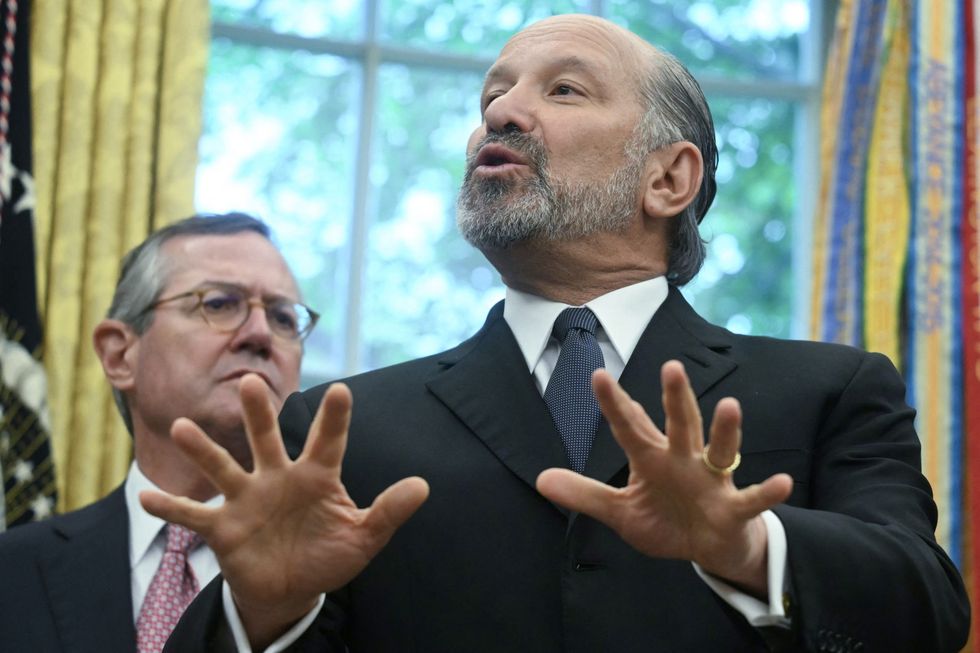Residents of India's conflict-hit Jammu and Kashmir witness the highest prevalence of dementia, the country's biggest-ever study related to the disease revealed in February, showing a possible link between the condition and exposure to trauma, The Telegraph UK reported.
According to a joint study published by the University of South California and AIIMS, a leading Indian public medical research institute, some 11 per cent of the region's population aged above 60 are suffering from dementia, the highest rate in the south Asian nation.
After the findings were revealed, experts have sought further research to establish whether a two-and-half-decade long insurgency which has continued in Jammu and Kashmir could be a reason behind the high prevalence of the condition, The Telegraph report added.
Dementia is not a single disease but refers to a range of disorders that affect the brain, leading to cognitive decline and loss of memory.
In 2019, a survey conducted by Médecins Sans Frontières or Doctors Without Borders saw 70 per cent of adults in Kashmir had witnessed sudden or violent deaths of somebody known and the average adult living in there faced more than seven traumatic events in their lifetime.
“The association between trauma and dementia is a fast growing area of research,” Dr Katrin Seeher, a mental health specialist in the Brain Health Unit at the World Health Organisation, was quoted as saying by the daily.
“We do have more and more evidence that exposure to adversity, particularly in early childhood, changes our brain architecture and the ways the brain changes to deal with stress. We do see that early childhood adversity might be linked to later life dementia diagnosis," she added.
While experts said a causal relation was yet to be proved, several published studies have identified a “moderate association” between American war veterans suffering from post-traumatic stress disorder and a higher chance of developing dementia in the later stage of life.
Dr Insha Rouf, who is a leading researcher on dementia from Jammu and Kashmir and has been trying to understand risk factors involved in the disease at an institution in Srinagar, identified a higher rate of specific DNA variations amongst the people of Kashmir, known as ACE polymorphisms and they have long been associated with Alzheimer’s disease.
“We are genetically predisposed. But then I found loneliness and social isolation were also important risk factors for developing dementia in Kashmir’s population,” Rouf was quoted as saying by The Telegraph.
“In fact we were harbingers of this kind of research on loneliness as early as 2013 and now the world recognises it as an important causal factor.
“There are a lot of studies that show long-term exposure to stress can impact the brain’s hippocampus and its memory centre, which in turn can accelerate dementia.”
The experts have said that more studies need to be undertaken on inhabitants in other conflict zones before a solid link between trauma exposure and dementia can be established.
But the findings of the study revealed in February have already hinted at an impending health crisis and the health officials of India should act urgently to address it.













 NASA’s Astronaut Class 23 with Anil Menon shows patch features a fly-shaped design symbolizing the class nickname, “The Flies,” with twelve stars for each candidate. The UAE and US flags highlight international collaboration, while the astronaut figure reflects their commitment to NASA’s return to the Moon and future Mars missions. (Photo credit: @astro_anil)
NASA’s Astronaut Class 23 with Anil Menon shows patch features a fly-shaped design symbolizing the class nickname, “The Flies,” with twelve stars for each candidate. The UAE and US flags highlight international collaboration, while the astronaut figure reflects their commitment to NASA’s return to the Moon and future Mars missions. (Photo credit: @astro_anil)
